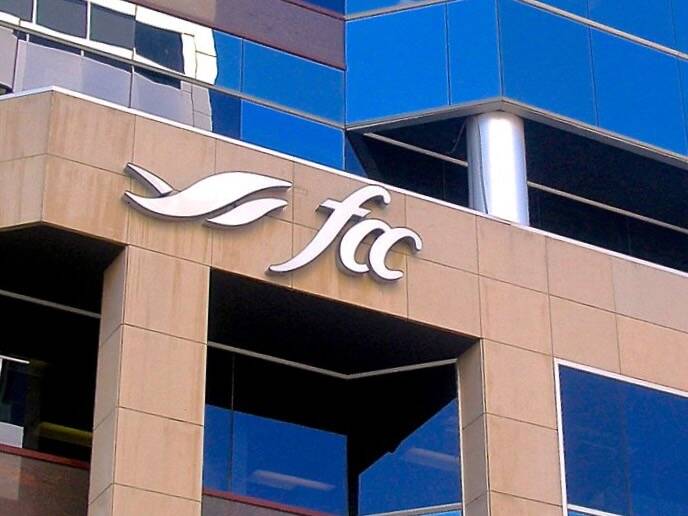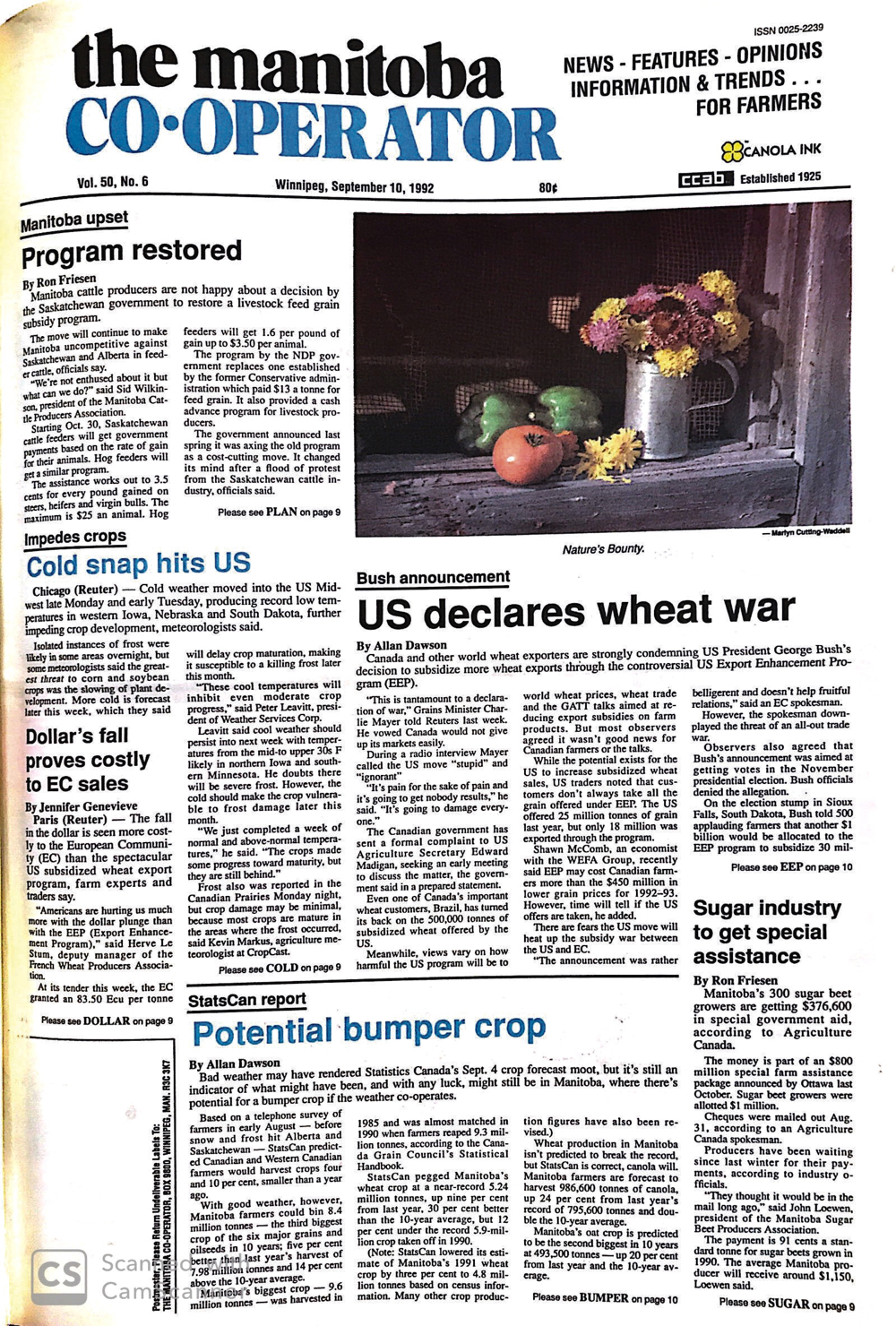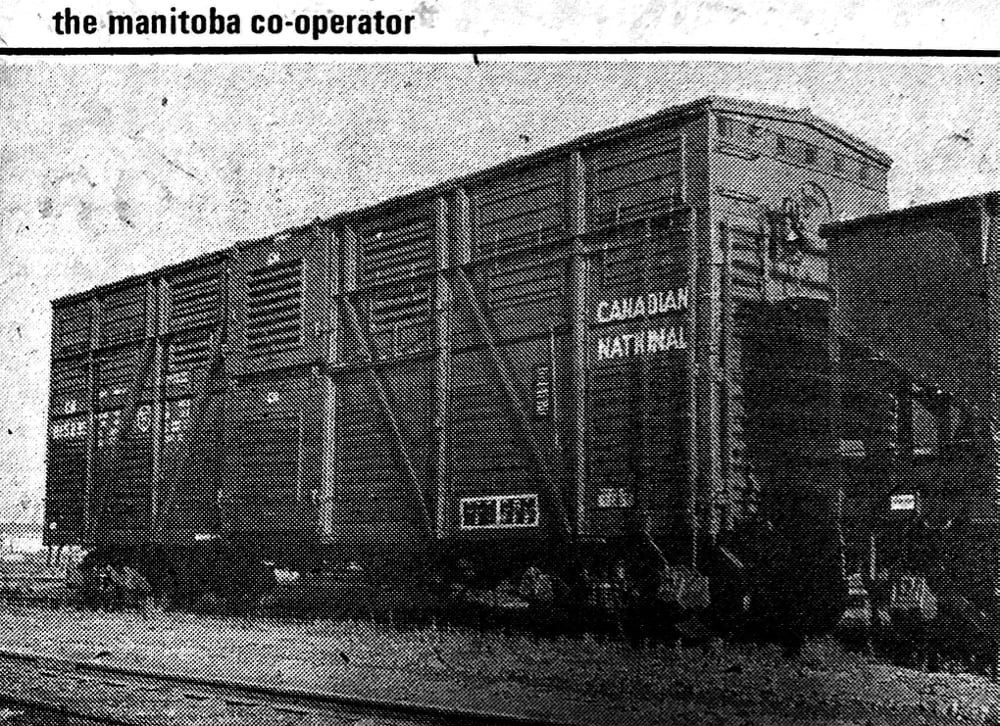No, not 1.75 per cent per year, more like today, but per month. The interest on overdue farm supply accounts at Manitoba Pool in February, 1980 was 21 per cent a year.
Our Feb. 14 issue carried part five of a summary of the Rapeseed ’80 home study course, in which 2,500 producers were participating. Zero tillage was said to be “an interesting concept.”
“While there’s practically no preparation of the seedbed, a farmer needs lots of patience with it. He may have to wait two weeks after the neighbours start to seed before he can put in a zero-till crop.”
Read Also

Farm Credit Canada forecasts higher farm costs for 2026
Canadian farmers should brace for higher costs in 2026, Farm Credit Canada warns, although there’s some bright financial news for cattle
Certified seed, already used by most growers, was recommended. “With the increasing area in rapeseed, it’s likely the seed price will continue to increase slowly,” the summary said.
“Crop rotation has been necessary to prevent mustard from building up. If breeding of a new variety solves the mustard problem, rape could be planted continuously… this would cut the weeds down to a point where very little chemical would be needed.”
The U.S. had imposed an embargo on grain sales to the Soviet Union following its invasion of Afghanistan, cutting supplies by 17 million tonnes. Canada had also agreed to limit sales, but Reuters reported that Italian traders were holding Canadian barley cargoes purchased before the embargo, and they could be sold at a profit of up to $2.75 a bushel.
The short-lived Joe Clark Conservative government had just approved $42.5 million for infrastructure for the new terminal at Prince Rupert.















